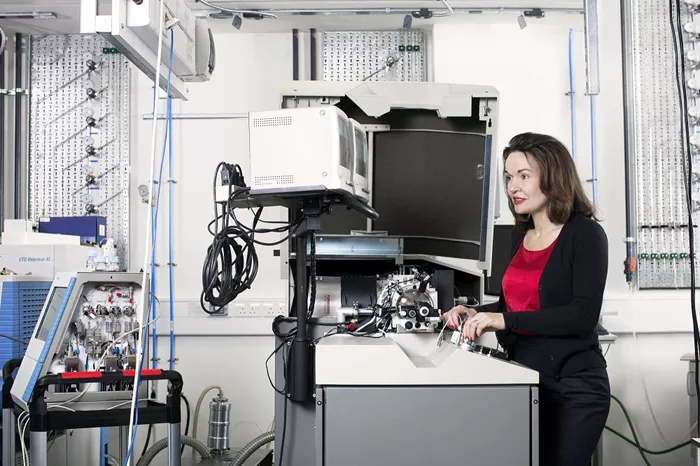The New South Wales public mental health system is facing a severe crisis as a long-running dispute over psychiatrist pay reaches a critical point in the courtroom. A shortage of staff, compounded by inadequate funding, has left the system “overwhelmed,” with the state’s mental health services struggling to keep up with rising demand.
The stand-off, which is being arbitrated over five days at the Industrial Relations Commission, began on Monday after mass resignations by public hospital psychiatrists earlier this year. The dispute centers around the Australian Salaried Medical Officers Federation’s (ASMOF) call for a 25 percent one-off pay increase for psychiatrists, who are being lured away by more competitive pay and conditions in other states.
Psychiatrists, including those represented by ASMOF, argue that the ongoing underfunding of mental health services has resulted in a system driven by crisis. According to Thomas Dixon, a barrister for ASMOF, the state’s reliance on locum and visiting medical officers to fill gaps in the workforce has created a “subcontracted” care model, leaving psychiatrists overworked and fatigued.
“The system is overwhelmed and driven by crisis,” Dixon said in his opening statement at the commission, emphasizing the harmful effects of an overstretched workforce. He noted that psychiatrists in NSW are among the lowest-paid medical specialists in the state, with vacancy rates for full-time positions reaching alarming levels. At least 140 of the 433 psychiatrist positions in public hospitals remain unfilled.
The mass resignations, which began in January, have left the system under even more pressure. Since then, 62 psychiatrists have officially resigned, and another 72 have shifted to potentially more lucrative visiting roles.
Veteran psychiatrist Chris Ryan, with 30 years of experience in the field, expressed concern over what he described as the worst decline in mental health services in two decades. “If you’re poor or not rich enough to have private health insurance and you have serious depression, it’s very difficult for you to access timely care,” he said. “What I want is for the government to invest in improving the system so that people who are not wealthy can receive the care they need.”
Mental Health Minister Rose Jackson acknowledged the underfunding of the system and stated that the government has made multiple offers to improve psychiatrists’ pay and conditions. “We have comprehensive contingency plans in place to ensure people seeking mental health support continue to receive the care they need,” Jackson said.
Premier Chris Minns, however, maintained that the psychiatrist pay demands were unaffordable. “It would be unprecedented in NSW and around Australia to give a 25 percent pay increase to a specific group of public servants for one year,” he said. The government’s current offer stands at 10.5 percent over three years, which Minns described as “generous.”
Psychiatrists currently receive a base salary starting at $186,241, with experienced specialists earning up to $250,000 annually. Despite these figures, the mass resignation of psychiatrists underscores the significant challenges facing the state’s mental health system, with many professionals seeking better opportunities elsewhere.
As negotiations continue, the future of mental health services in NSW remains uncertain, with growing concerns about the sustainability of the public health system and the impact on vulnerable patients in need of care.
Related Topics





























